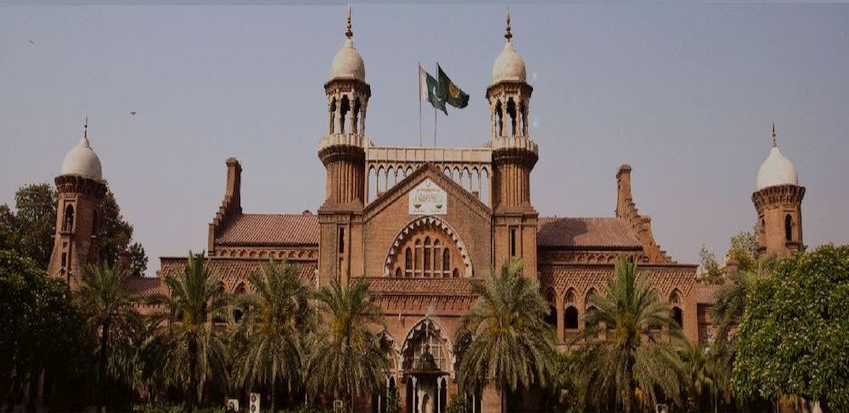The Claim of Juvenility can be raised at any stage of the Trial, even if it was not invoked earlier in the Investigation --- Lahore High Court, Lahore
Islamabad 12-09-2024: The Lahore High Court has dismissed a criminal revision petition challenging the juvenility declaration of an accused in a high-profile case involving the kidnapping, murder, and sexual assault of a 14-year-old boy, Hassan Raza. The case was brought before the Court by Imran Haider, the victim’s father, after the Additional Sessions Judge in Shorkot, District Jhang, declared Muhammad Hussain, one of the accused, a juvenile, based on documentary evidence provided during the trial.
The case, registered under FIR No. 189/2023, initially involved charges under Section 363 of the Pakistan Penal Code (PPC) for the kidnapping of Hassan Raza. Later, as the investigation progressed, charges of murder (Section 302), sodomy (Section 375-A), and common intention (Section 34) were added after the accused revealed the location of the victim’s body. Rescue 1122 recovered Hassan Raza’s body from the location, confirming his murder and sexual assault.
Muhammad Hussain, one of the main accused, was declared a juvenile by the trial Court in November 2023, leading the petitioner to challenge the decision, asserting that Hussain was an adult at the time of the crime.
The petitioner, represented by Advocate Farrukh Gulzar Awan, contended that the trial Court wrongly declared Muhammad Hussain a juvenile, relying on NADRA’s Form-B, which listed the accused’s birth date as May 20, 2006. The petitioner presented a School Leaving Certificate from Khurram Memorial Girls High School, showing the accused’s birth date as January 1, 2004, suggesting that Hussain was over 18 years old at the time of the crime. The petitioner also argued that an ossification test should have been ordered due to conflicting age records.
The defense, represented by M/s Mehram Ali Bali and Fahad Javed Qureshi, along with Deputy Prosecutor General Muhammad Moin Ali, argued that the Form-B issued by NADRA was a public document and held more legal weight than a private school certificate. They emphasized that the trial Court’s ruling was legally sound and did not require interference.
After reviewing the case, Mr. Justice Muhammad Tariq Nadeem of the Lahore High Court upheld the trial Court’s decision, stating that the determination of age in juvenile cases is governed by the Juvenile Justice System Act, 2018. Under Section 8 of the Act, age determination is primarily based on documentary evidence, including birth certificates and Form-B. The Court noted that a medical examination (ossification test) is only necessary when such documents are unavailable or contradictory.
In this case, NADRA’s Form-B and a birth certificate issued by Union Council Ahmad Pur East supported the claim that Muhammad Hussain was born on May 20, 2006, making him under 18 at the time of the crime. The Court found the School Leaving Certificate provided by the petitioner unreliable, pointing out discrepancies in the name and details.
The Court also referenced cases such as Manzoor Hussain Vs. The State (2013 P.Cr.L.J. 18) and Nasreen Akhtar Vs. Mian Abbas (2016 P.Cr.L.J. 578) to highlight the importance of public documents in determining age.
In its final ruling, the Lahore High Court dismissed the revision petition, reaffirming the juvenility of Muhammad Hussain based on the public documents presented. The Court held that the trial Court had acted within its jurisdiction and followed due process in declaring the accused a juvenile. The judgment also stressed that a claim of juvenility can be raised at any stage of the trial, even if it was not invoked earlier in the investigation.
The case serves as a reminder of the legal safeguards provided to juveniles under Pakistan’s criminal justice system, ensuring that they are tried under appropriate legal frameworks.
Powered by Froala Editor








